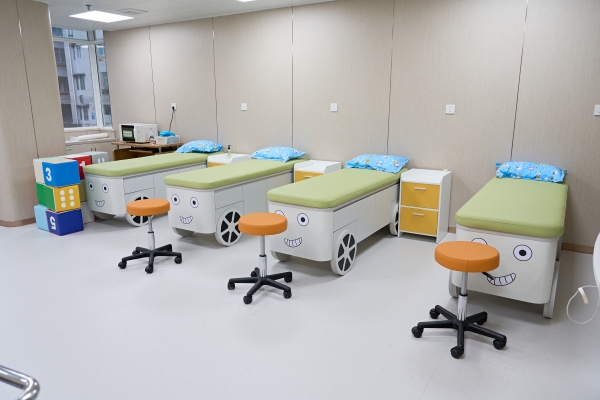In medical environments such as hospitals and clinics, medical carts are a powerful assistant for medical staff in their daily work. It must not only meet the transportation needs of medicines and equipment, but also be durable, easy to clean, and flexible to move. So, when purchasing a medical cart, which factor is more important: material, function, or load-bearing capacity? How to choose an efficient and durable product?
1. Material determines durability and ease of cleaning
Medical carts are often exposed to disinfectants, blood, chemicals, etc., so corrosion-resistant and easy-to-clean materials are essential. Common materials include:
Stainless steel: corrosion-resistant and impact-resistant, suitable for high-demand environments such as operating rooms and ICUs, but heavy.
ABS plastic: light, rust-proof, easy to clean, suitable for ordinary wards and infusion carts.
Carbon steel + anti-rust coating: cost-effective, but the coating may wear out after long-term use.
Recommendation: Stainless steel is preferred in operating rooms and laboratories, and ABS plastic or carbon steel + anti-rust coating can be selected for ordinary wards.
2. Functional design affects the efficiency of use
The function of medical carts directly affects the work efficiency of medical staff, and needs to be considered:
Layered design: Is the compartment adjustable to facilitate the classification and storage of medicines and equipment?
Braking system: Is it equipped with universal wheels + locking brakes to ensure the stable parking of the cart?
Additional functions: such as hooks, trash cans, charging ports, etc., do they meet actual needs?

3. Load-bearing capacity is related to safety
Medical carts often need to carry medicines, equipment and even small instruments. Insufficient load-bearing may cause deformation or wheel damage. Generally speaking:
Light carts (load-bearing 50-100kg): suitable for infusion and drug delivery.
Medium carts (load-bearing 100-200kg): suitable for equipment transportation and emergency carts.
Heavy carts (load-bearing 200kg+): suitable for operating rooms and large equipment handling.
Conclusion: There is no "best" cart, only the "most suitable" cart! Only by selecting materials and load-bearing capacity according to department needs and optimizing functional design can the medical trolley truly become a powerful assistant in medical work!